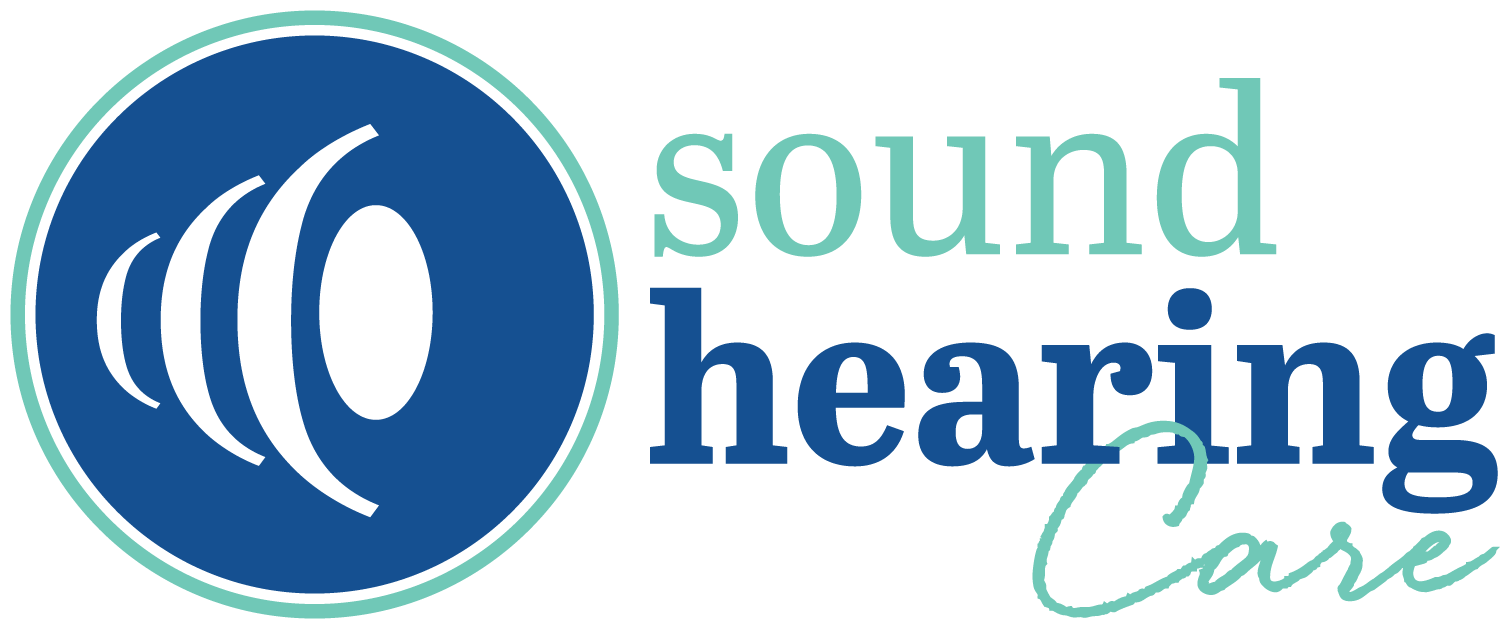Hearing Loss
Hearing loss can affect anyone at any point in their life. It affects people in varying degrees and is triggered by any number of environmental or genetic reasons.
Because hearing loss can develop slowly, you might not notice the subtle loss of everyday sounds like a ticking clock or a rustling newspaper. Before you realize it, you’re missing sounds critical for good communication. Hearing instrument specialist Jennifer Waddell can help you recapture these amazing sounds and again enjoy the world around you. Living with an untreated hearing loss means difficulties in talking with loved ones, at social get-togethers, and in workplace. Untreated, your hearing loss makes it a challenge to keep up with everyday life. Treatment can give you a higher quality of life by improving your personal relationships, reducing anger, avoid depression and provide a better control of your life.
There are Various Types of Hearing Loss
Hearing loss is categorized by the location—that is, where the damaged part of the ear is—as well as by severity of loss and the age of onset. There are three types of hearing loss: sensorineural, conductive, or a combination, known as a mixed hearing loss.
Sensorineural Hearing Loss
Since sensorineural losses are often gradual, painless, and commonly undetectable until there’s a significant loss.
Sensorineural hearing losses occurs from damage to the inner ear (cochlea) or the auditory nerve pathways that transmit sound vibrations to the brain. Sensorineural losses can’t be reversed and aren’t treatable through surgery, but can be dramatically improved through amplification, such as a hearing instrument. When there’s a sensorineural loss its common not to seek treatment for up to 7 years after realizing a hearing difficulty.
The most common cause of sensorineural hearing loss is Noise-Induced Hearing Loss from exposure to loud noise over a long period of time. While this type of hearing loss is preventable, it may be due to work related noise exposure such as construction. It can also be the result of recreational noise exposure, such as motorcycles, race track noise, shooting guns, music concerts or noisy clubs can be sources resulting in a sensorineural hearing loss. Another major source of sensorineural hearing loss the relationship to the aging process. 18% of the population aged 45-64 will have a hearing loss per the Deafness Research Foundation. Persons 65-74 are more affected, with a sharp rise to 30% in the hearing impaired after age 75. Over 47% of persons over the age of 75 are estimated to have a hearing loss, which is a staggering amount and affecting millions. Thankfully, sensorineural hearing loss is extremely treatable with today’s innovative and advanced hearing aids.
Conductive Hearing Loss
For conductive hearing losses, it’s recommended a patient sees a physician, most often one that specializes in diseases of the Ear Nose and Throat, called an Otolaryngologist or ENT.
Conductive hearing loss results from sound waves being blocked from reaching the inner ear, which is still functioning properly. Conductive hearing loss is normally treated medically. These hearing losses are most often medically or surgically treatable. The 15% of cases that cannot be treated medically do respond very well to hearing instruments. Causes of conductive hearing loss may be cerumen (earwax), perforations on the ear drum, ear infections or a genetic hearing disorder.
Mixed Hearing Loss
Mixed hearing losses are a combination of conductive and sensorineural hearing losses, involving damage to the outer, middle, and inner ear together. For example, a patient might have wax in the ear canal but also have a sensorineural hearing due to the aging process or noise exposure. The loss may be treated by procedures, medication and amplification.
If you suspect you or a loved one show signs of hearing loss and understanding speech, be it from distances, close up, restaurants or meetings, take our easy 5 minute hearing quiz.



